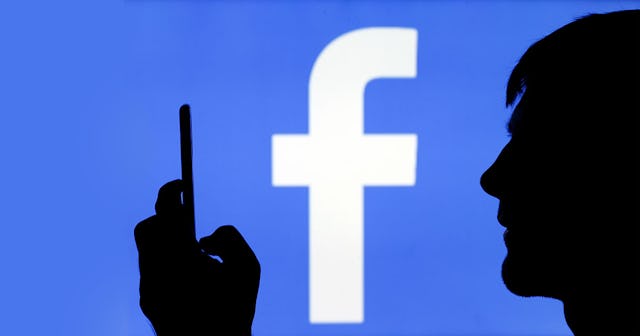Facebook Announces New Ban On Holocaust Denial And Distortion Posts

For the first time in the platform’s history, Facebook has explicitly banned Holocaust denial
On Monday, Facebook announced a much-needed and long overdue update to its hate speech policy: a ban on any content that denies or distorts the Holocaust. In the past, the platform has faced criticism for allowing this anti-Semitic conspiracy theory rhetoric to run rampant. But now, as part of an ongoing effort to fight hate, founder Mark Zuckerberg has issued a hard edict against any misinformation about the Holocaust on his platform.
“Our decision is supported by the well-documented rise in anti-Semitism globally and the alarming level of ignorance about the Holocaust, especially among young people,” Monika Bickert, VP of Content Policy, explained on the official Facebook blog. “According to a recent survey of adults in the US aged 18 – 39, almost a quarter said they believed the Holocaust was a myth, that it had been exaggerated or they weren’t sure.”
You may be thinking, Wait, why wasn’t this already a thing? The Holocaust remains one of the most horrific and well-documented events in world history. Nearly seven out of 10 Jewish people in Europe were murdered during the Nazi-ordered genocide.
Understandably, the fact that Facebook hadn’t refuted it until now has been a point of contention. Earlier this summer, Holocaust survivors around the world lent their voices to a campaign urging Zuckerberg to take action against Holocaust deniers on Facebook. Although Zuckerberg — who is Jewish himself — has said he personally finds Holocaust denial “deeply offensive,” he has struggled with whether or not removing such content would infringe on free speech.
In a public Facebook post, Zuckerberg wrote, “I’ve struggled with the tension between standing for free expression and the harm caused by minimizing or denying the horror of the Holocaust. My own thinking has evolved as I’ve seen data showing an increase in anti-Semitic violence, as have our wider policies on hate speech. Drawing the right lines between what is and isn’t acceptable speech isn’t straightforward, but with the current state of the world, I believe this is the right balance.”
So, when will Facebook officially say goodbye to Holocaust deniers? Well, these things don’t just happen at the snap of a finger, of course. While the platform doesn’t give an exact date for its new policy, it notes that “later this year” it will begin to direct anyone searching for terms associated with the Holocaust or its denial to credible information off of Facebook.
Although civil rights groups applaud the long-overdue policy update, they point out there is still more work to be done. Because of its “engagement”-algorithm, posts that have a lot of user interaction are prioritized. Critics argue that this gives statements that are highly inflammatory, such as Holocaust denial, a greater chance of being seen and re-circulated.